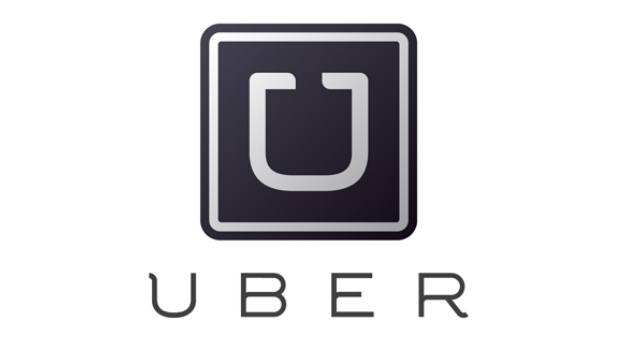Uber Technologies claimed its ride-sharing mobile app runs legitimately in South Korea and benefits consumers and drivers, in response to efforts by the city of Seoul to ban the service in July for violations of local taxi regulations.
Under the current law, people who solicit a ride using a private or rented car could be sentenced up to two years in jail or fined 20,000,000 won (about €14,000). In April the city fined a driver 1 million won for providing an Uber ride using a rented car. The city additionally criticised the ride-hailing service for lacking proper background checks of drivers and failing to provide appropriate insurance for users in case of accidents.
But at a media briefing in Seoul on Wednesday head of Uber’s Asia business Allen Penn said the company only partners with licensed companies and drivers, and is only a technology platform that matches rides with end users.
“We see this type of discussion around the world. The regulations are outdated. The regulations have existed since long before we began carrying around smartphones in our pockets,” Penn said. Uber is willing to have a conversation on how to better structure the regulations in technology-driven world, which should be pro-innovation, pro-business and pro-competition, he said.
Uber launched in Seoul last August, offering its on-demand ride service UberBlack, with premium black cars such as the Hyundai Equus, Mercedes S or E Class, or BMW 7 series. Regular cab fares there usually start at 3,000 won (about €2.17) and the premium vehicles at 4,500 won, whereas Uber starts at 5,000 won.
Convenient
Despite the price tag, Uber has attracted regular users in Seoul with its simple steps for users from finding a cab to making payment. The transaction is cashless, with a pre-authorised credit card. Beyond convenience, the company boasts about its safety service by providing driver IDs and vehicle numbers as well as a rating system.
The Silicon Valley company also argued it has benefitted the drivers and cities globally. Just a month after the launch in Seoul, the service lifted the drivers’ income up to 40% a month, the company said in a statement. It also triggered a backlash from the existing taxi business by adding competition in an already saturated taxi market in Korea.
“The taxi industries are squeezed with flat rates, rising gas price and the favourable policies toward public transportation, and now Uber is running a newly invented, illegal taxi business, collaborating with big renting car companies,” said Lee Sang Taeg, manager of the Seoul Taxi Association, in a statement. “A legitimate game company could still lead to speculative games that are illegal. Similarly, Uber is not illegal, but it has prompted illegal riding services.”
Protests have already taken place across Europe in cities including London, Berlin, Paris and Madrid. Berlin and Brussels courts have banned the riding app in April.
IDG News Service






Subscribers 0
Fans 0
Followers 0
Followers